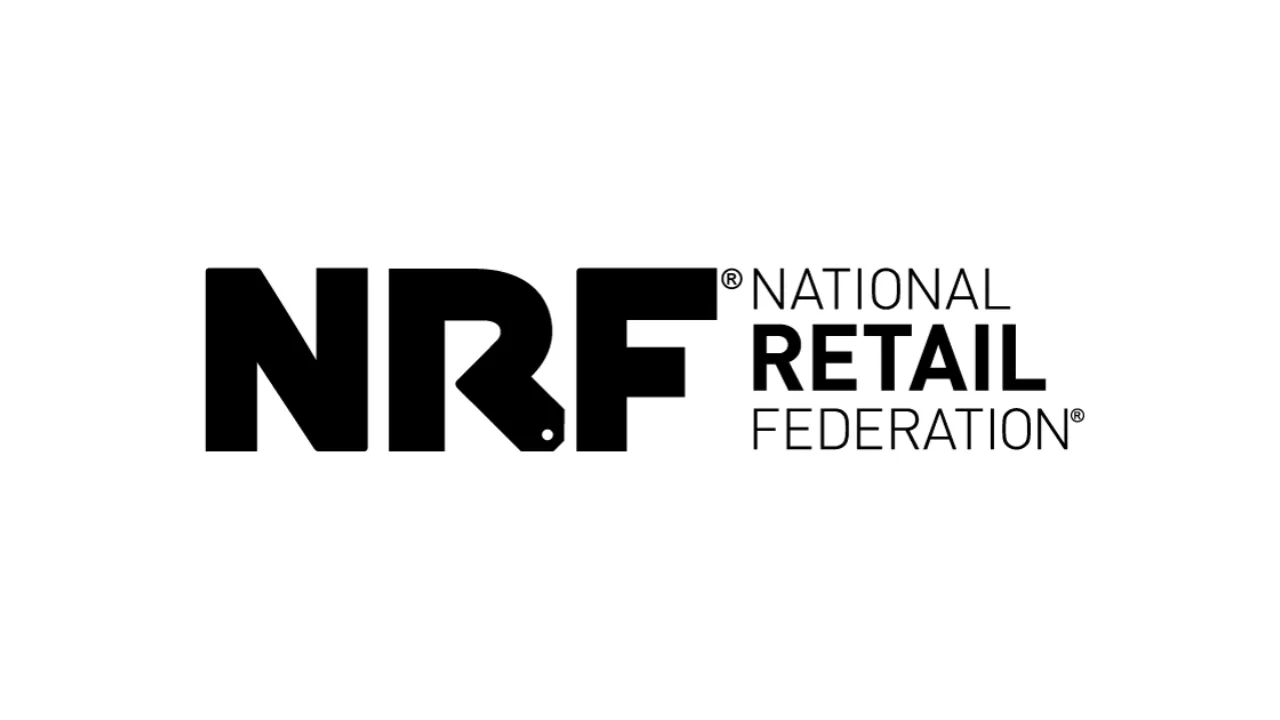WASHINGTON – An overwhelming majority of likely voters want Congress to pass the Credit Card Competition Act, according to a new survey by the Merchants Payments Coalition. The survey also found that both Democrats and Republicans are more likely to support Senate candidates who back the measure.
“These results are clear: Americans by huge margins want Congress to do something about out-of-control credit card swipe fees that are driving up costs for small businesses and prices for consumers,” MPC Executive Committee member and National Association of Convenience Stores General Counsel Doug Kantor said. “These fees have an impact on families across every sector of our society and virtually everyone wants competition to fix this broken market.”
MPC is an organization that represents retailers, supermarkets, convenience stores, gasoline stations, online merchants and others who argue that the current credit and debit card system is unfair to merchants and consumers. The survey of 2,040 likely general election voters was conducted June 3-6 by the polling firm co/efficient through mobile phone text responses and landline telephone interviews. The results were weighted by age, gender, education level, race, region and self-reported political party and have a margin of error of plus or minus 3.17%.
According to the survey, 55% of likely voters in this fall’s general election support the CCCA, only 7% oppose it, and 38% are unsure. Supporters outnumber opponents by nearly 50 percentage points.
The survey also found that 42% of voters say they are more likely to vote for a Senate candidate who supports the bill, with only 7% less likely to do so – a margin of 35 percentage points. Among Democrats, 46% favor a candidate who supports the bill while only 6% would more likely oppose the candidate. Among Republicans, 41% favor a CCCA supporter while only 7% would lean against them based on the CCCA.
The polling showed Hispanic voters would more likely support a candidate who supports the bill than one who opposes it by a margin of 39 percentage points (46%-7%), along with a 36-point margin for Black voters (49%-13%) and a 35-point margin for white voters (41%-6%).
By income, the margin of voters more likely to support a candidate who supports the CCCA is 38 percentage points for those making between $50,000 and $100,000 (45%-7%) and for those from $100,000 to $150,000 (43%-5%). The margin is 32 points for those making above $150,000 (36%-4%) and 28 points for those making under $50,000 (40%-12%).
Opponents have falsely claimed the CCCA would cause a reduction in credit card rewards, according to the MPC, but that claim actually makes voters even more likely to support the bill, not oppose it. In all, 37% of respondents said the loss-of-rewards message would make them more likely to support the bill. Only 15% would be less likely to support it. At 42%, voters making under $50,000 a year were most likely to favor the bill more even after hearing the reduced-rewards message.
The results of the survey come after a federal judge recently rejected a proposed settlement in a nearly 20-year-old class-action lawsuit over Visa and Mastercard credit card swipe fees, calling the temporary reduction in fees “paltry” and saying, “The evidence indicates that, absent the allegedly anticompetitive conduct, credit-card interchange rates could be more than 100 basis points lower than they currently are.” The judge also noted that experts indicated the fees had been rising year over year.
Overall swipe fees hit a record $172 billion last year and are most merchants’ highest operating cost after labor, driving up prices by more than $1,100 a year for the average family.
Swipe fees for Visa and Mastercard credit cards alone have nearly quadrupled since 2010, reaching $100.77 billion in 2023. Swipe fees for the two networks are rising rapidly largely because Visa and Mastercard control 80% of the market and each centrally set swipe fees charged by banks that issue cards under their brands while also blocking transactions from being processed over other networks that could do the job with lower fees and better security, according to the MPC. The CCCA would require banks with at least $100 billion in assets to enable cards they issue to be processed over at least two unaffiliated networks – Visa or Mastercard plus a competitor like NYCE, Star, Shazam or Discover.
If the bill becomes law, banks would choose which networks to enable, but merchants would decide which to use, resulting in competition over fees, security, and services that are expected to save merchants and consumers more than $16 billion a year. Rewards would not be affected, security would be improved, consumers would still use the same cards, and community banks and all but one credit union would be exempt, the MPC says.








